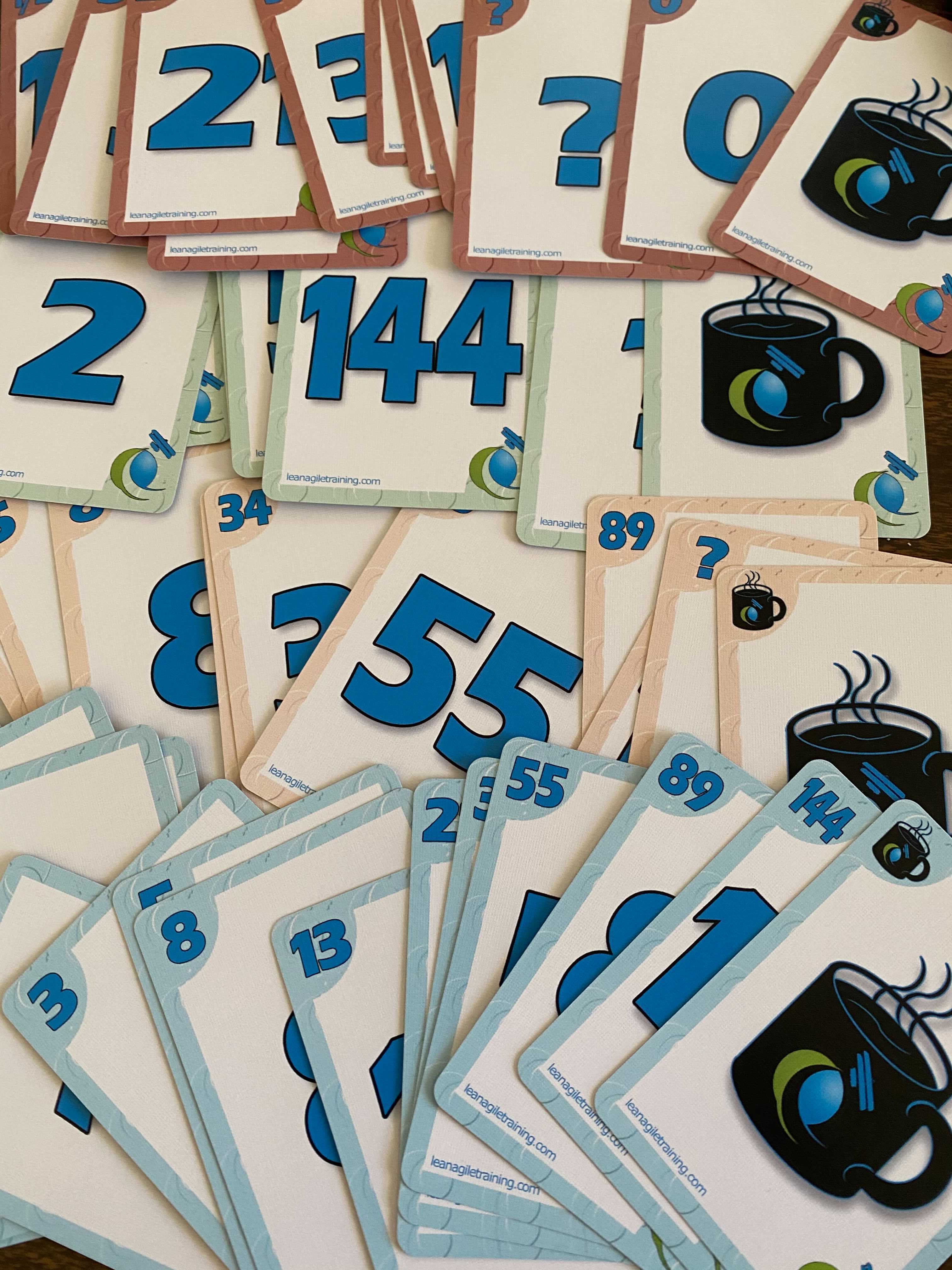
• Fundamentals
• What works
• Why do things go wrong
• Questions & Answers

• Fundamentals
• What works
• Why do things go wrong
• Questions & Answers

• An estimate is really just a guess.
• Yet, we have to negotiate expectations for accuracy.
- I’ll check in the unit tests by noon
- I’ll have the search feature implemented by Friday
- We will have the project done in December
• Why do we need to estimate?
- We need to set expectations
- We need to allocate time and resources
- Other tasks depending on its completion
- We need to make better estimates in the future
• Effort can be structured based on the visibility of results.
- Tasks – an effort that produces an identifiable and valuable output
- Activities – a sequence of tasks
- Projects – a complex sequence of activities
• Estimation with any accuracy gets increasingly hard, perhaps impossible for certain processes.
- Complex projects
- Changes in requirements or resources
- Innovation
• Projects are seen to fail or succeed based on the accuracy of the initial estimates.
• Comparison– this task is similar to another task I completed
• Ranking – this task is harder (or easier) than another task
• Coercion– we are told how long a task will take
• Time-boxing – I can allocate only this amount of time
• We often neglect our experience in estimating tasks.
- Estimates express ‘ideal’ time and effort
- Communication
- Meetings
- Set up and tear-down

